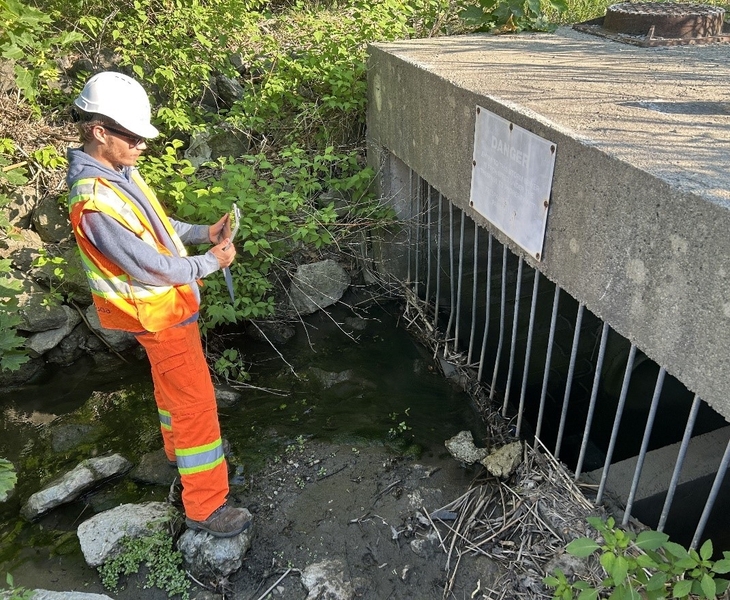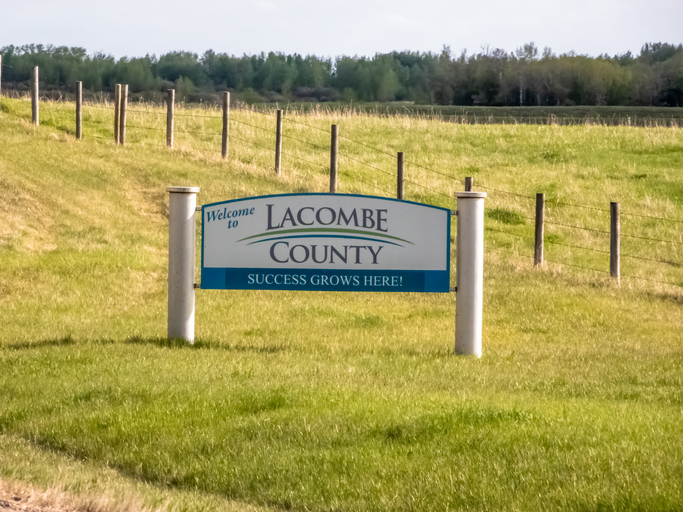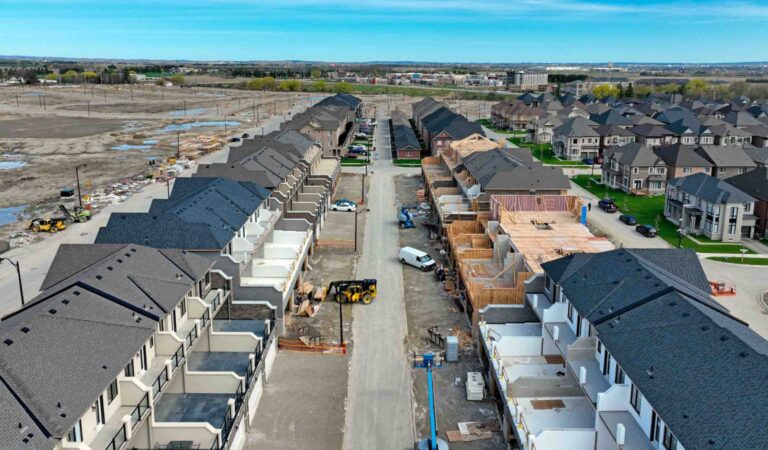The CSA Group, with the support of the Standards Council of Canada (SCC), has designed a new standard that aims to reduce the impact of frequent and intense flooding events on new communities.
“Fueled by climate change, flooding is the most common and costly natural disaster impacting Canada,” said Natalia Moudrak, director of climate resilience at the Intact Centre on Climate Adaptation. “Recognizing that flood risk is on the rise across Canada, the adoption of this new standard by developers, homebuilders, and municipalities should be a national priority.”
CSA/W204: Flood Resilient Design of New Residential Communities is aimed at making communities more resilient to flooding, even before the shovel hits the ground in new subdivisions. This NSC gathers requirements and recommendations for designing and building flood resilient communities. It also provides guidance on how to manage with increased urban development and aging infrastructure.
The standard developed by the CSA Group and SCC captures a holistic view of planning and development—from the watershed level to the operation and maintenance of stormwater infrastructure. It also lays out what needs to be done from the earliest stages to ensure that communities can recover quickly from severe flooding events.
“This important new standard for greenfield residential development was developed by water management experts,” said Barbara Veale, director of planning and watershed manager at Conservation Halton. “Its guidance should assist provinces, municipalities, and watershed agencies, such as Ontario’s Conservation Authorities, to avoid negative economic, social, and environmental impacts of flooding from overflowing rivers and excessive overland runoff. I would encourage jurisdictions responsible for flood management to adopt this standard (at a minimum) and incorporate it as part of an overall climate change strategy.”
Development of the standard was funded under SCC’s Standards to Support Resilience in Infrastructure Program (2016-2021). The five-year $11.7 million initiative advances standardization strategies and solutions to help Canadian businesses and communities adapt to climate change.









